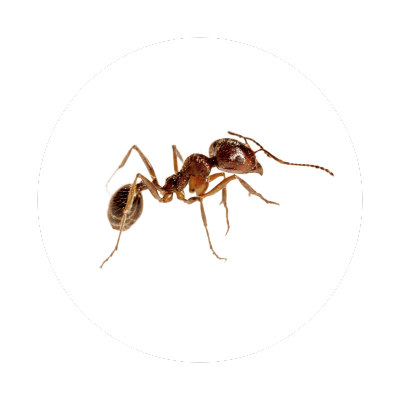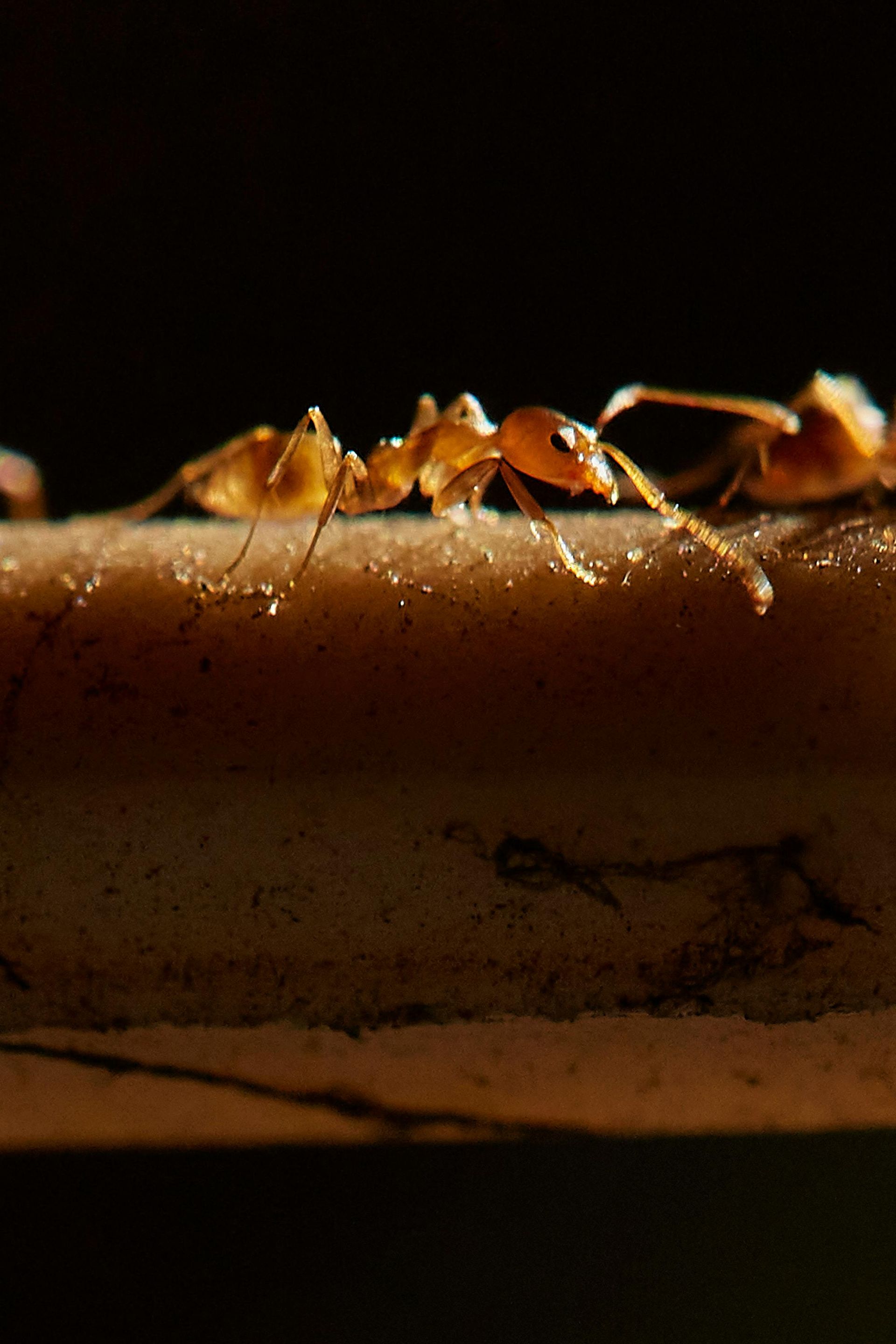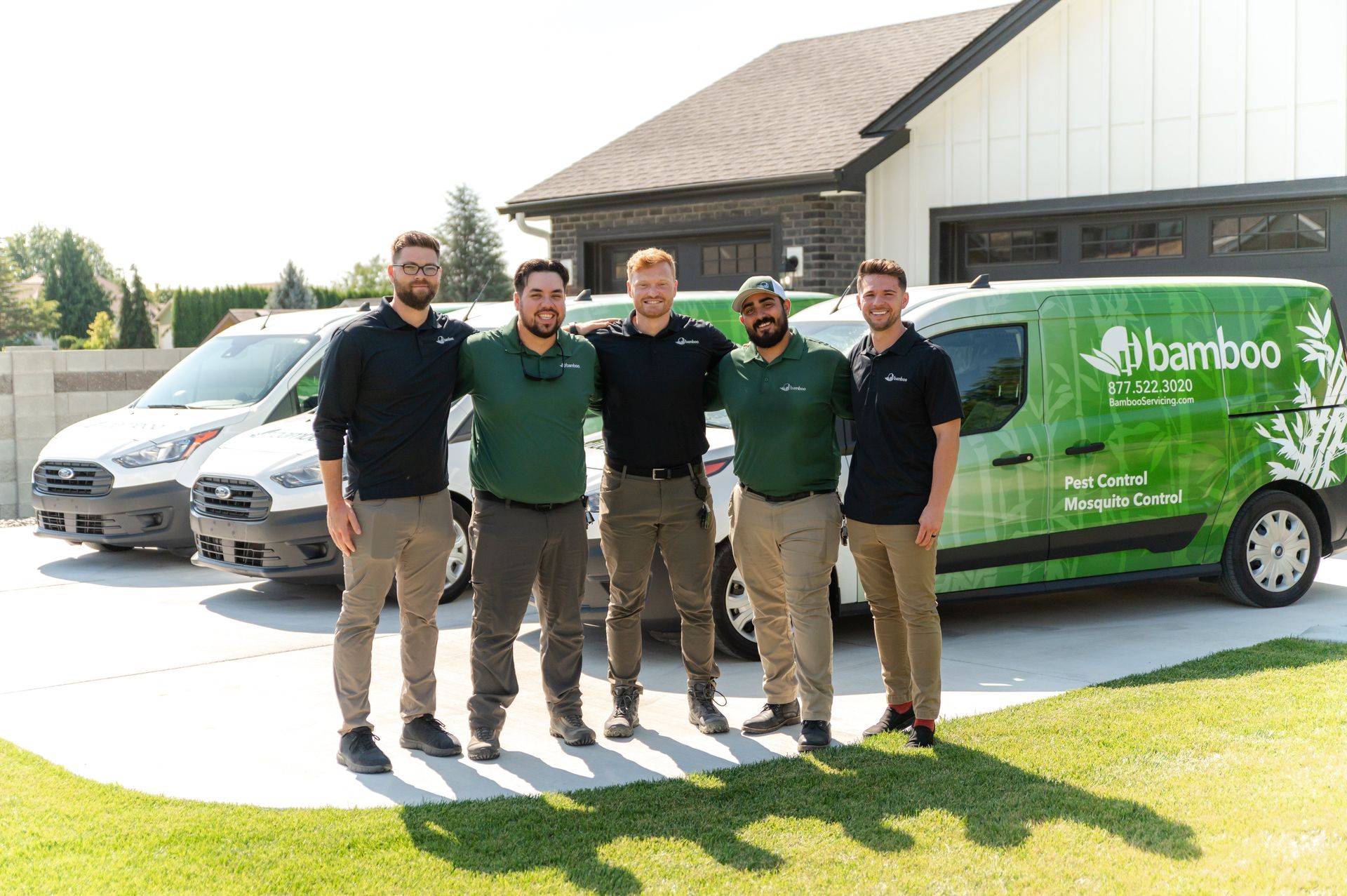How Ants Invade Mill Creek Homes
Ants might be small, but when they invade your home, the frustration can feel huge. You clean the counters, spray the trail, and somehow—they're back the next day. So what gives? These repeat invasions aren’t random. They're caused by invisible highways called
ant trails, and knowing how they work is key to stopping them for good. If you're dealing with stubborn ant problems,
Mill Creek professional pest control
services may be your best solution.
Get A Quote
Message Us!
We will get back to you as soon as possible.
Please try again later.
1. Ant Trails: Nature’s GPS for Pests
When a single scout ant finds food in your home, it doesn't just take some back—it leaves behind a pheromone trail. This chemical path acts like a roadmap for other ants to follow. The more ants that travel this path, the stronger the trail becomes.
Over time, this invisible “highway” attracts more and more ants until it seems like they’re taking over your kitchen, bathroom, or laundry room.
2. Why the Ants Keep Coming Back
You might kill the ants you see, but if you don’t erase the pheromone trail, new ants will follow the same path right into your home.
Here’s why ant trails are so persistent:
- Pheromones stick around even after cleaning with water
- Multiple trails can lead to the same spot
- Ants adapt quickly to reroute around obstacles
- Food or moisture sources encourage re-use of trails
Even a tiny breadcrumb or leaky pipe can re-activate a trail days or weeks later.

3. What’s Attracting Ants to Your Mill Creek Home?
Ants invade homes for three simple reasons:
- Food: Crumbs, sugary spills, pet food, and open containers
- Water: Leaky faucets, damp basements, and bathroom condensation
- Shelter: Dry spots in walls or under appliances, especially during rain or cold
Once inside, ants nest in hidden spots like wall voids, behind baseboards, or under kitchen cabinets.

4. Where Ant Trails Hide in Plain Sight
Most ant trails form in quiet, undisturbed places. Here are some common hotspots to check:
- Behind or under kitchen appliances
- Along baseboards or floor edges
- Inside bathroom vanities
- Around laundry machines or water heaters
- Between cracks in tile grout or flooring
- Along exterior walls, windows, and utility lines
Spotting these areas early can stop a small issue from becoming a full infestation.
5. How to Disrupt and Remove Ant Trails
Killing visible ants only treats the symptom—not the source. Here's how to break the cycle:
- Clean with vinegar or soapy water to break down pheromones
- Vacuum or wipe up trails and dispose of the waste outdoors
- Seal cracks and tiny gaps ants might use to enter
- Use ant baits so ants carry poison back to the colony
For natural solutions, try
peppermint oil,
lemon juice, or
diatomaceous earth near entry points.

6. The Problem with DIY Ant Control
While sprays and traps offer short-term relief, they don’t reach the queen—and that’s the key to stopping the colony. Ants can build satellite nests inside walls, especially in homes with warmth and moisture.
Signs you may need help include:
- Repeated ant sightings in the same areas
- Large numbers of ants appearing suddenly
- Damage to wood (possible carpenter ants)
- Ants near water sources or electrical wiring
Eliminate Ant Infestations with Expert Help in Mill Creek
When ants keep coming back, store-bought sprays and DIY methods aren’t enough. Professional pest control makes all the difference.
At Bamboo Pest Control, our Mill Creek specialists know how to stop infestations at the source. We identify the specific ant species, locate and treat nests inside and outside your home, and use targeted solutions that eliminate entire colonies—not just surface ants.
For lasting relief and long-term prevention,
contact us today to reclaim your home from unwanted ants and keep them from coming back.




